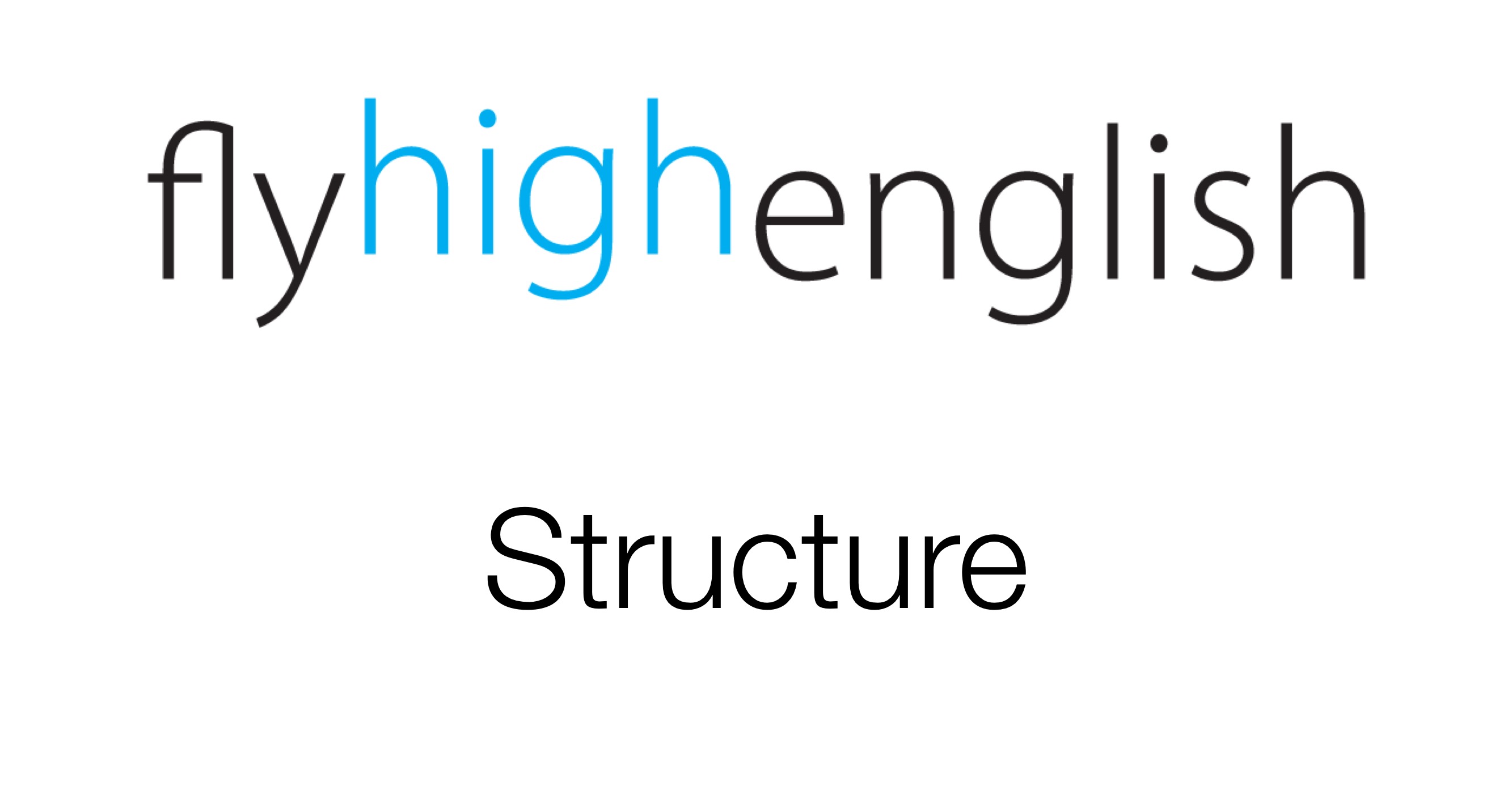
This time in our structure help we continue to talk about patterns when we have two verbs together. In our previous posts we saw the patterns;
verb + to + infinitive
and
verb + verb-ing
And we saw a list of verbs which require these patterns.
This time we’re going to look at a group of verbs which can follow both of these patterns but which have a different meaning.
remember, regret, try, stop
Let’s look at an example.
He remembered to check the tyres for damage.
In this sentence we have a verb + to + infinitive pattern. The idea in this sentence is that he remembered before he did the action. So, in general, you remember ‘to do’ something before you do it.
Now let’s look at the other pattern.
He remembered checking the tyres for damage.
In this sentence we have a verb + verb-ing pattern. The idea in this sentence is that he remembered after he did the action. So, in general, you remember ‘doing’ something after you do it.
Now let’s look at our second verb; regret.
We regret to inform you that the flight has been cancelled.
In this sentence we have a verb + to + infinitive pattern. The idea in this sentence is that you are sorry to say something. Here’s another example;
We regret to say that your days off have been cancelled.
Now let’s look at the other pattern.
She regrets asking for a promotion.
In this sentence we have a verb + verb-ing pattern. The idea in this sentence is that she regretted the action after she did it. So, in general, you regret ‘doing’ something after you do it.
Now let’s look at our third verb; try.
They tried to land at the airport.
In this sentence we have a verb + to + infinitive pattern. The idea in this sentence is that you make an effort to do something that is difficult. Here’s another example.
They tried to lift the wheel but it was too heavy.
Now let’s look at the other pattern.
The passenger had a pain in his stomach so he tried drinking some tea.
In this sentence we have a verb + verb-ing pattern. The idea in this sentence is that he did the action as an experiment, to see if it provided a positive result.
And finally our fourth verb; stop.
He stopped flying for Lufthansa.
In this sentence we have a verb + verb-ing pattern. The idea in this sentence is that you stop an activity and don’t do it again, so here it suggests that he doesn’t work for Lufthansa now. Here’s another example.
They stopped giving us free flights for our families.
Now let’s look at the other pattern.
He stopped to open a window.
In this sentence we have a verb + to + infinitive pattern. The idea in this sentence is that you stop an activity and do a second activity, the suggestion is that you might return to the first activity later. Here’s another example.
He was reading a book but stopped to answer the captain’s question.
Now try to write some examples of your own.
Follow us on twitter here, Facebook here or Google+ here for more great content!
Have a great day!
